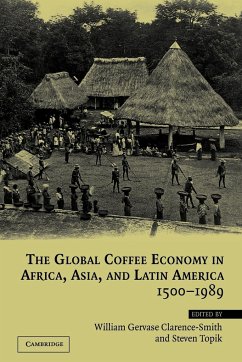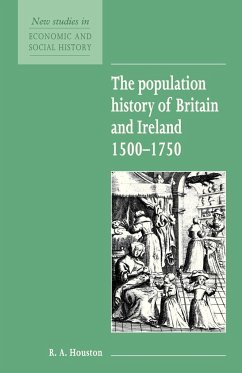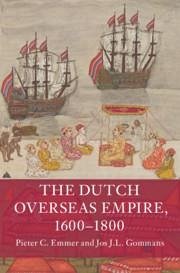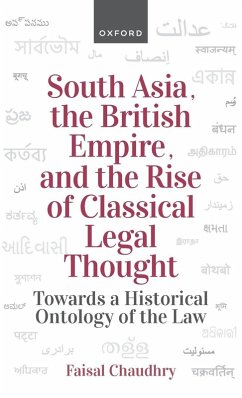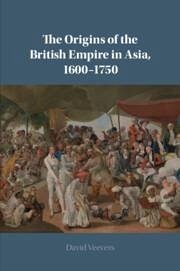
The Origins of the British Empire in Asia, 1600-1750
Versandkostenfrei!
Versandfertig in 2-4 Wochen
48,99 €
inkl. MwSt.

PAYBACK Punkte
24 °P sammeln!
This is a revisionist account of the origins of the British Empire in Asia in the early modern period. David Veevers shows that it was the integration of Europeans into non-European economies, states and societies which was central to British imperial and commercial success rather than national or mercantilist enterprise.






